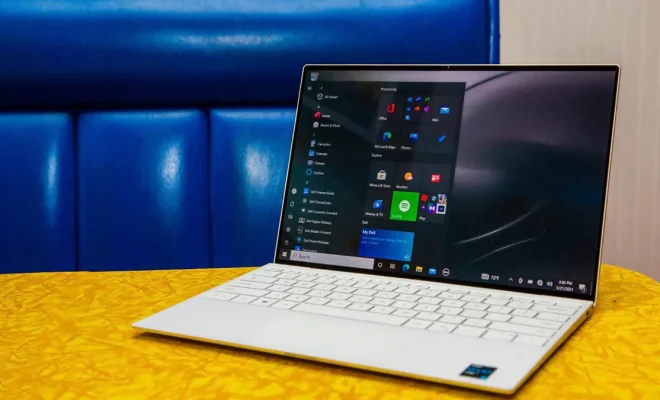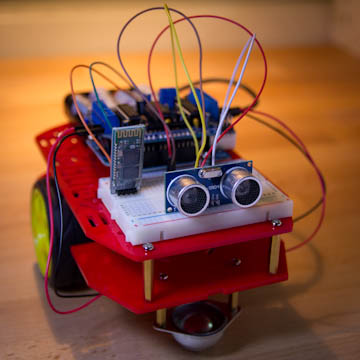How Power Outages Can Damage Your Computer (And How to Protect It)

Power outages are a common occurrence around the world. They are caused by a variety of factors include bad weather, ageing power infrastructure, natural disasters, and accidents. While power outages can be annoying, they can also be damaging to your computer. In this article, we will discuss how power outages can damage your computer and how you can protect it.
What happens during a power outage?
During a power outage, your computer is suddenly turned off without the proper shut-down procedure. This can cause harm to both the hardware and software components of the system. Many people believe that the problem lies with power surges that occur when power is restored. However, the main damage is caused by the abrupt loss of power. Most computers are designed to handle power surges, but not power losses.
How can a power outage damage your computer?
1. Loss of unsaved data
When a power outage occurs, your computer is forced to shut down without giving you the chance to save any unsaved data. Data loss can be frustrating, especially if you’ve been working on a project for a long time. This can cause you to lose valuable employment and personal data.
2. Corrupted system files
Power outages can also damage your computer’s software components. The sudden loss of power can cause files to become corrupted or damaged. This can make it difficult to start up your computer or to run certain programs.
3. Damaged hardware
A power outage can lead to physical damage to your computer. A surge in power when the electricity is reconnected can cause irreparable damage to your system. It can fry your hard drive, ram or even CPU. This can render your computer useless and result in expensive repairs or replacements.
How can you protect your computer from power outages?
1. Purchase a UPS
The easiest way to protect your computer from power outages is to buy a UPS, which stands for uninterruptible power supply. A UPS is a device that provides backup power in case of a power outage. It helps minimize the damage caused by power surges, spikes, and sags. It also gives you enough time to shut down your computer properly.
2. Use surge protectors
Surge protectors protect your computer from surges caused by power outages. They work by providing an extra line of defense against power spikes. They are inexpensive and easy to install, but only effective against surges.
3. Invest in reliable hard drives
Solid-state drives (SSDs) are more reliable than traditional hard drives because they don’t have any moving parts. They’re less likely to be damaged during a power outage than traditional hard drives.
Conclusion
Power outages can be a threat to the health of your computer. The abrupt loss of power can cause both hardware and software damage. While you can’t predict when power outages will occur, you can prevent or minimize the damage caused by them. You can protect your computer from power outages by using a UPS, surge protectors, and investing in reliable hard drives. It’s important to be proactive to avoid losing valuable data or spending a lot of money on repairs.





